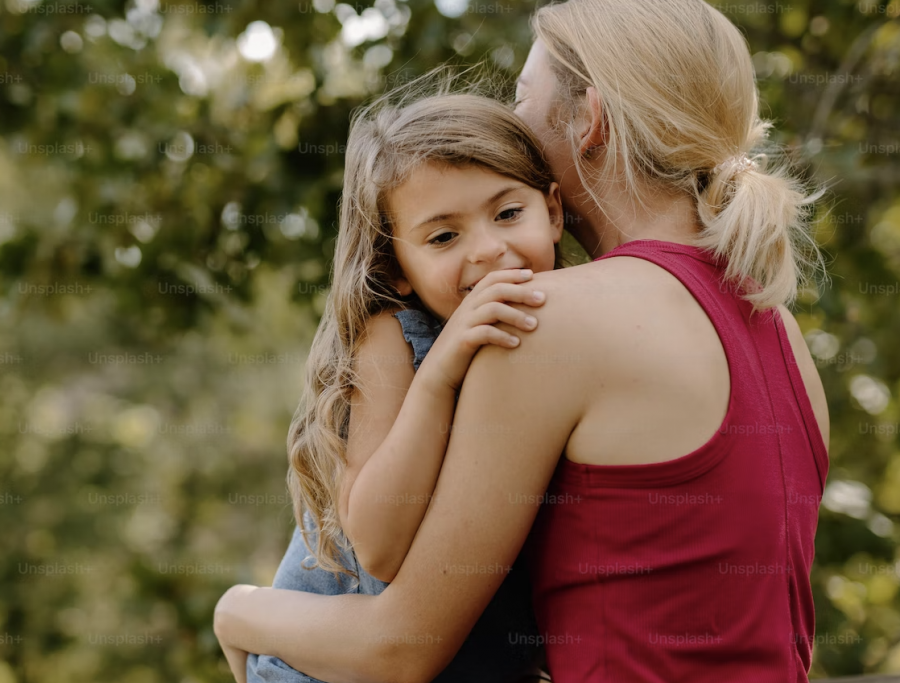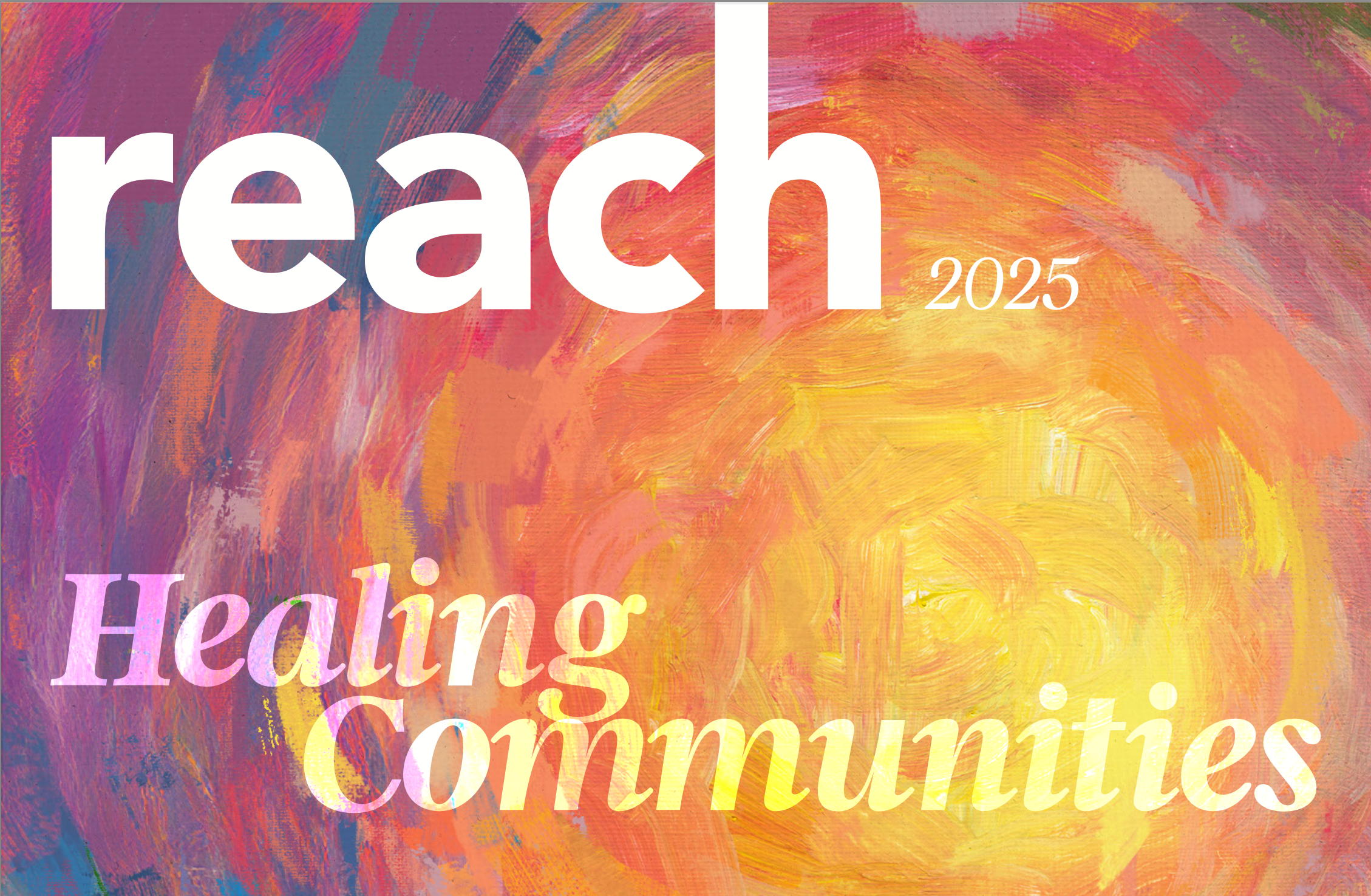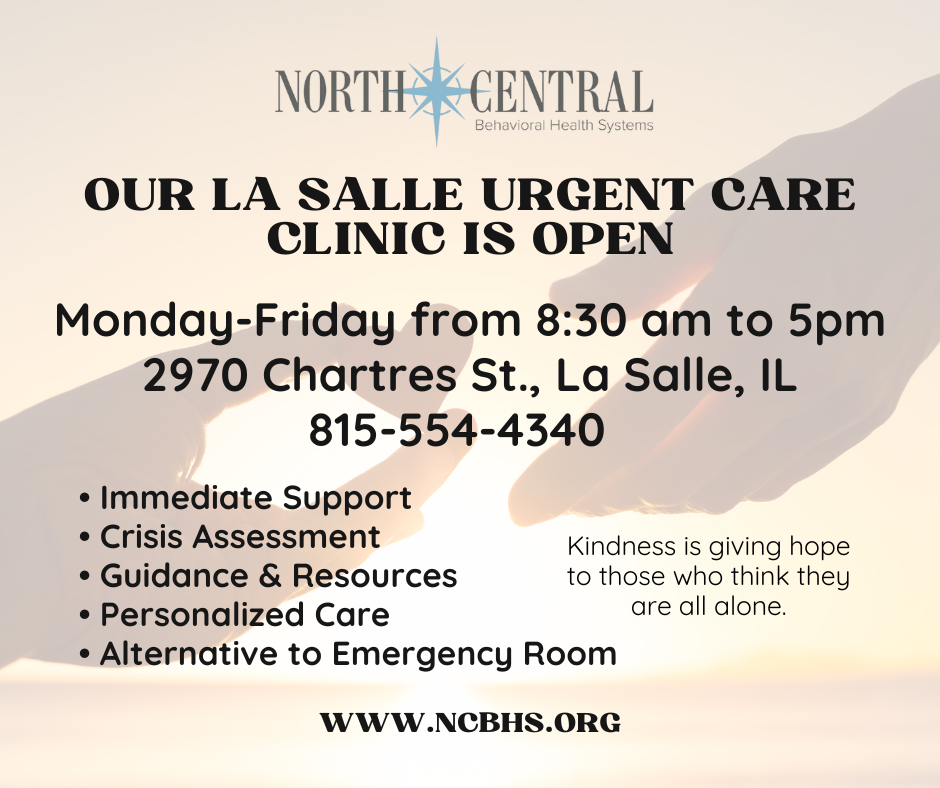
1 in 4 school aged children have experienced a traumatic event. Childhood trauma is defined as a single event or prolonged exposure to traumatic experiences that overwhelm a child’s ability to cope. (National Child Trauma Stress Network, 2008.)
Examples of traumatic experiences
- Physical or sexual abuse
- Death or serious illness of a loved one
- Living in a chronically unsafe environment due to domestic or neighborhood violence
- Bullying
- “Complex” trauma- when a child experiences multiple traumatic events at the same time
When children experience trauma it affects the way they interpret the world. The world can appear threatening, unpredictable or unsafe. Because they see the world this way, children may feel fearful, clingy, nervous, irritable or explosive. This impacts their behavior, relationships and school performance.
What can adults do to help children who have experienced trauma?
- Maintain the usual routine. This helps the child feel some control over their lives because they can find safety in predictability.
- Increase emotional support and encouragement
- Give simple straightforward information to the child’s questions or concerns
- Be mindful of difficult times or triggers
- Model feeling words to help them communicate (“That would have made me feel scared. How do you feel?”)
- Pay attention to behavior- it is a powerful form of communication. Children are likely to give adults more information about how they are feeling and what they need by how they behave.
- If they are talking, just listen.
- If they are clingy or want to be held, be patient and do so.
- If they are acting out, correct the behavior and talk to them about when you both are calm.
Every child reacts to trauma differently. If reactions are severe and go on for longer than 1 month, impacts sleeping, eating, school attendance or performance consider seeking professional services to help you and your child work through the trauma. The Youtube video “Inside Him” from the Illinois Trauma Coalition is an excellent resource to show your child to explain how talking about their feelings will help them feel better.


